Hamas, long dismissive of US President Donald Trump as a “racist” with an “absurd vision” for Gaza, has unexpectedly placed cautious faith in the president’s ability to enforce a ceasefire after a pivotal phone call last month, Palestinian officials reveal.
The call, widely publicised in September, saw Trump facilitate a direct conversation between Israeli Prime Minister Benjamin Netanyahu and Qatar’s emir, following an Israeli strike on a residential complex in Doha that housed key Hamas political figures.
Though the strike failed to kill its intended targets, including chief negotiator Khalil al-Hayya, Hamas leaders were impressed by Trump’s willingness to hold Israel accountable.
“The fact that he gave Qatar a security guarantee that Israel would not attack again increased Hamas’s confidence that a ceasefire would hold,” said Jonathan Reinhold, a political analyst at Bar-Ilan University.
This assurance, coupled with Trump’s visible involvement in prior ceasefires including the June 12-day conflict between Israel and Iran, convinced Hamas that the US president could apply sufficient pressure on Israel to adhere to a peace framework, even if Hamas surrendered its hostages without full Israeli withdrawal.
A cautious gamble
Under the new Trump-brokered deal, which took effect on Friday, Hamas agreed to release its hostages while Israel maintains a partial military presence in Gaza. Senior Hamas officials acknowledge this is a risky move, relying heavily on Trump’s commitment to enforce the agreement.
Past ceasefires, including one in January, collapsed when Israel resumed military operations after phased hostage releases. Hamas leaders remain acutely aware of the potential for history to repeat itself but were reassured by the presence of US envoys Jared Kushner and Steve Witkoff, regional heavyweights and mediators from Qatar, Egypt and Turkey during the marathon talks in Sharm el-Sheikh.
Trump’s persistence was “heavily felt” during the negotiations, with the president reportedly calling three times to urge progress, signalling a rare level of personal investment in the outcome, according to a senior US official.
Impact Shorts
More ShortsVerbal assurances, not guarantees
While the first phase includes hostage releases, a partial Israeli pullback and cessation of active fighting, many key issues remain unresolved. Hamas has received no formal written guarantees that the deal will evolve into a comprehensive agreement ending the war. Instead, it relies on verbal assurances from the United States and regional mediators that Israel will not resume operations once hostages are freed.
Hamas also came to a calculated decision that retaining hostages had become more a liability than leverage. “Without them, Israel would have no credibility to restart fighting,” one Palestinian official noted.
The wider context
Trump’s earlier proposals including a controversial plan to expel Palestinians from Gaza and rebuild it as a US-controlled resort — lent an air of unpredictability to negotiations. Yet his interventions, coupled with diplomatic support from Egypt, Qatar, and Turkey, have created a window for Hamas to engage without risking immediate annihilation.
Even so, Hamas leaders remain wary. The fragile nature of the arrangement means any misstep could reignite hostilities. Analysts emphasise that while the deal marks a potential turning point, its success hinges on continued US pressure and careful management of Israel’s partial occupation and future Palestinian governance.
As Trump prepares for a West Asia visit this week, the coming days may determine whether the ceasefire holds or becomes another temporary respite in the decades-long Israeli-Palestinian conflict.


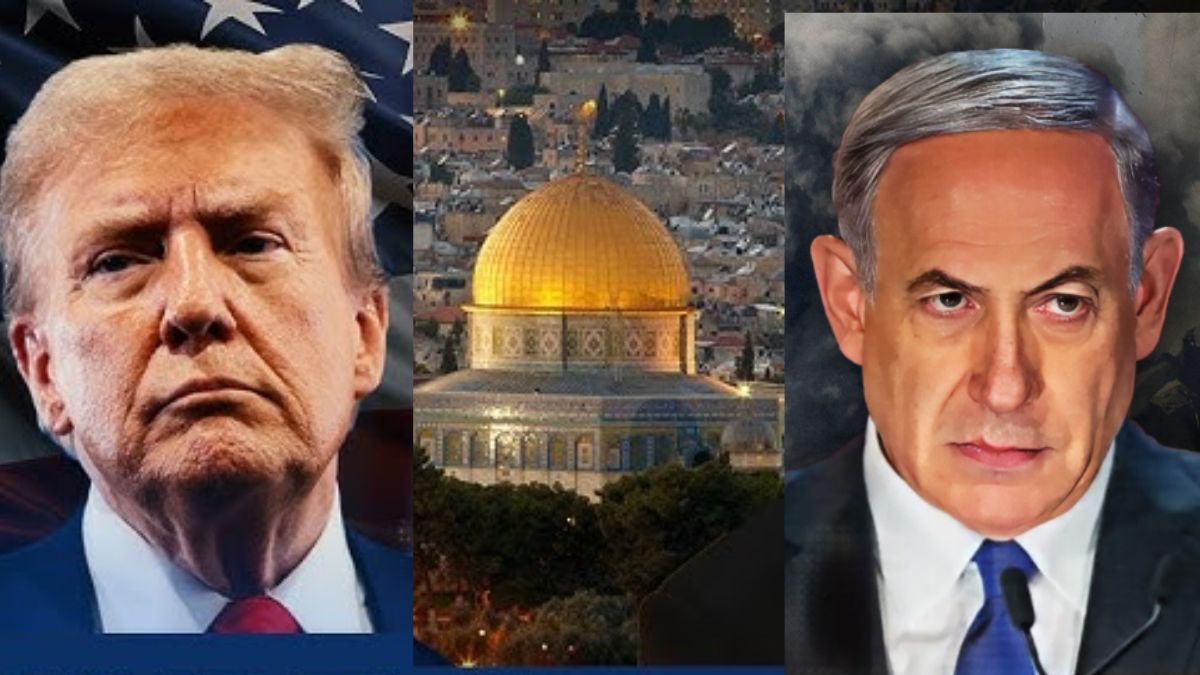)
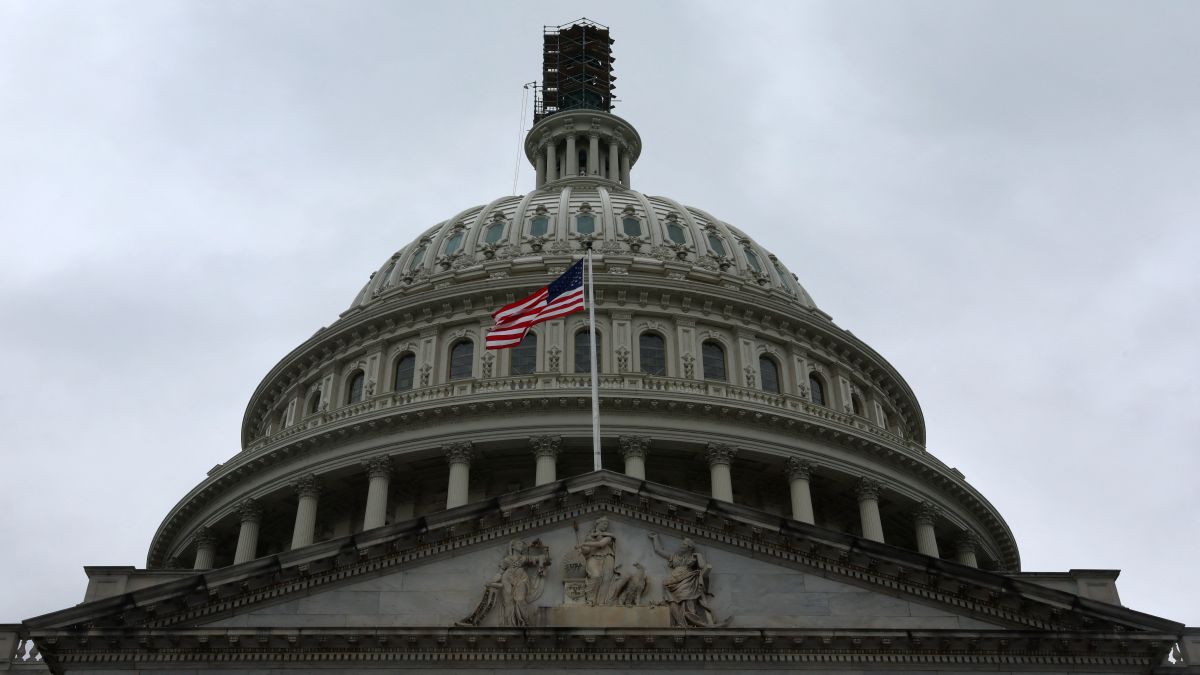
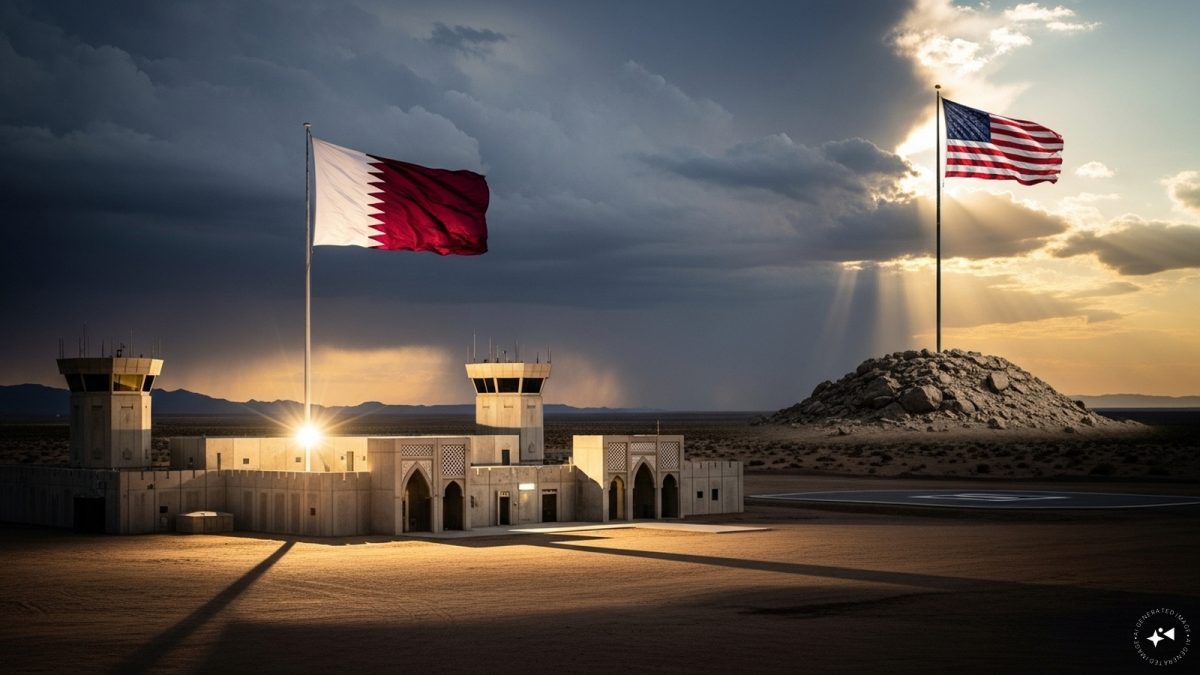)
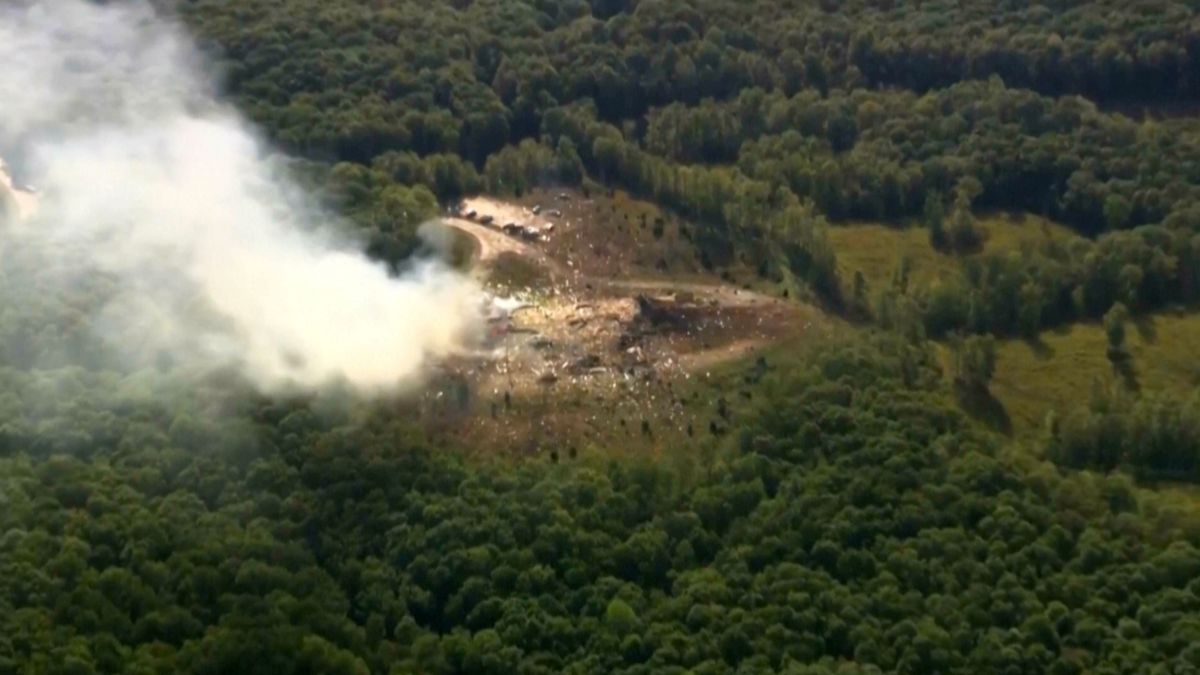)
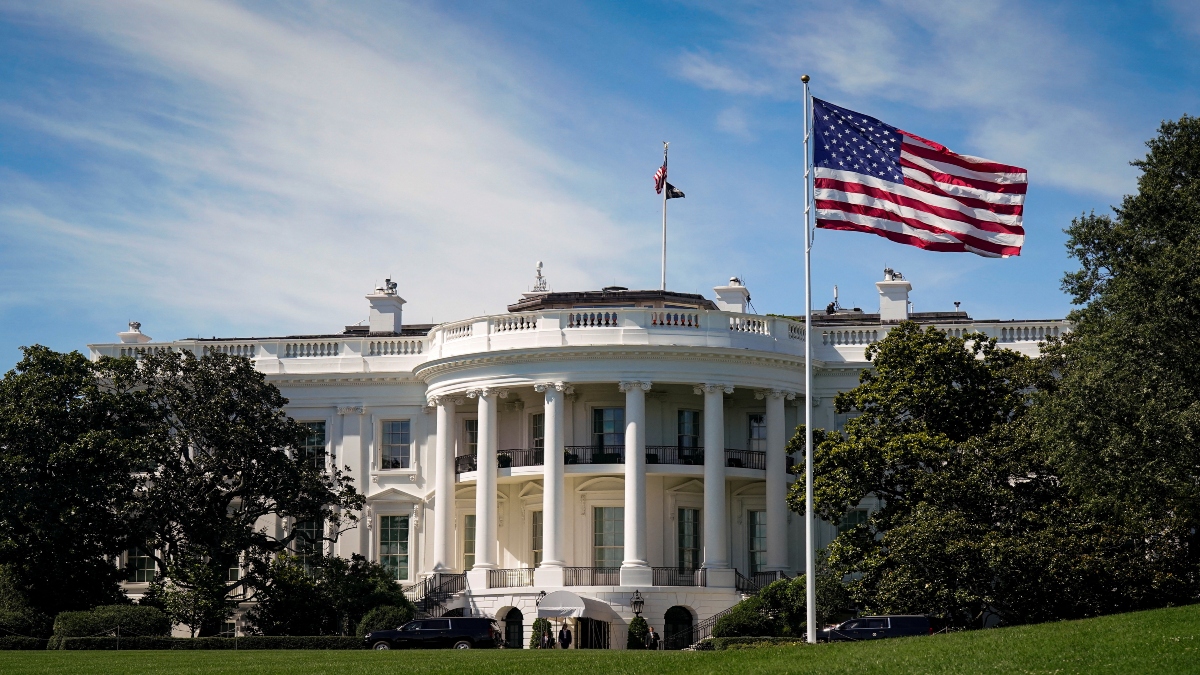)
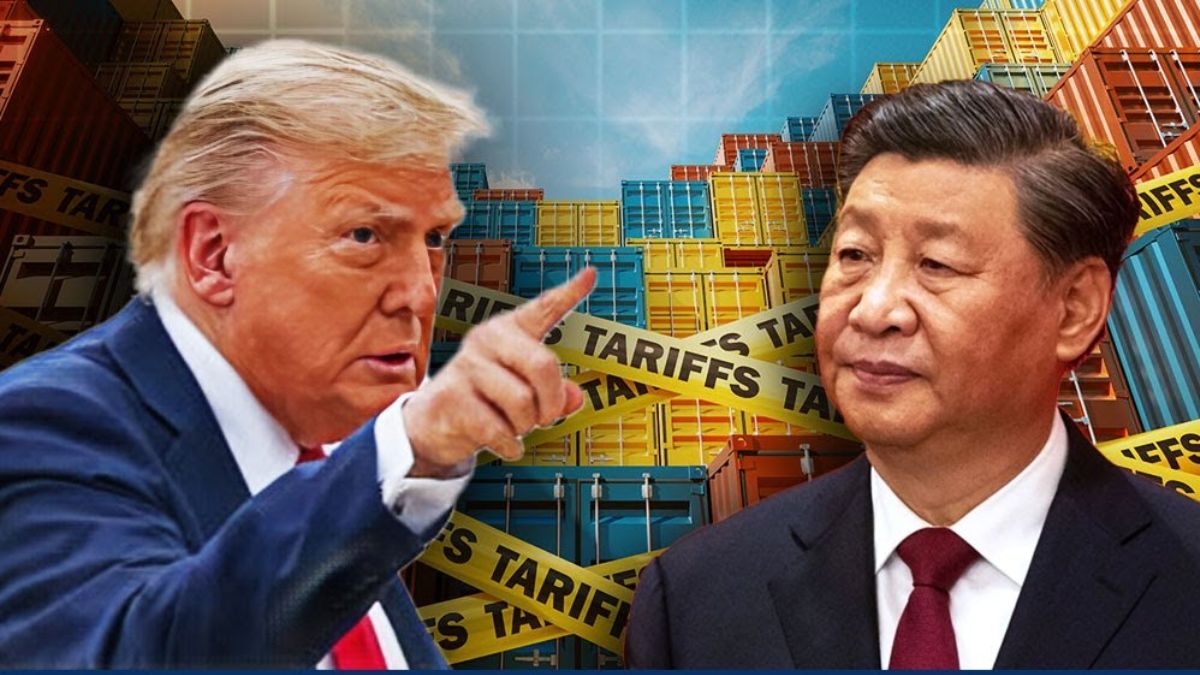)
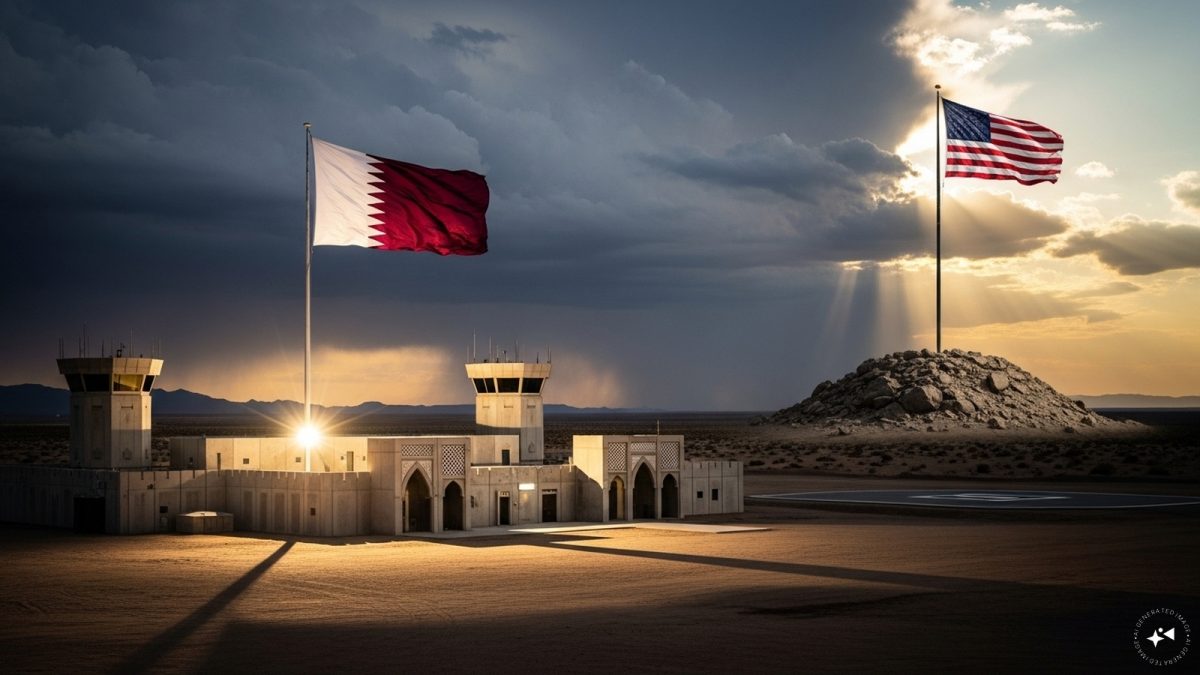)
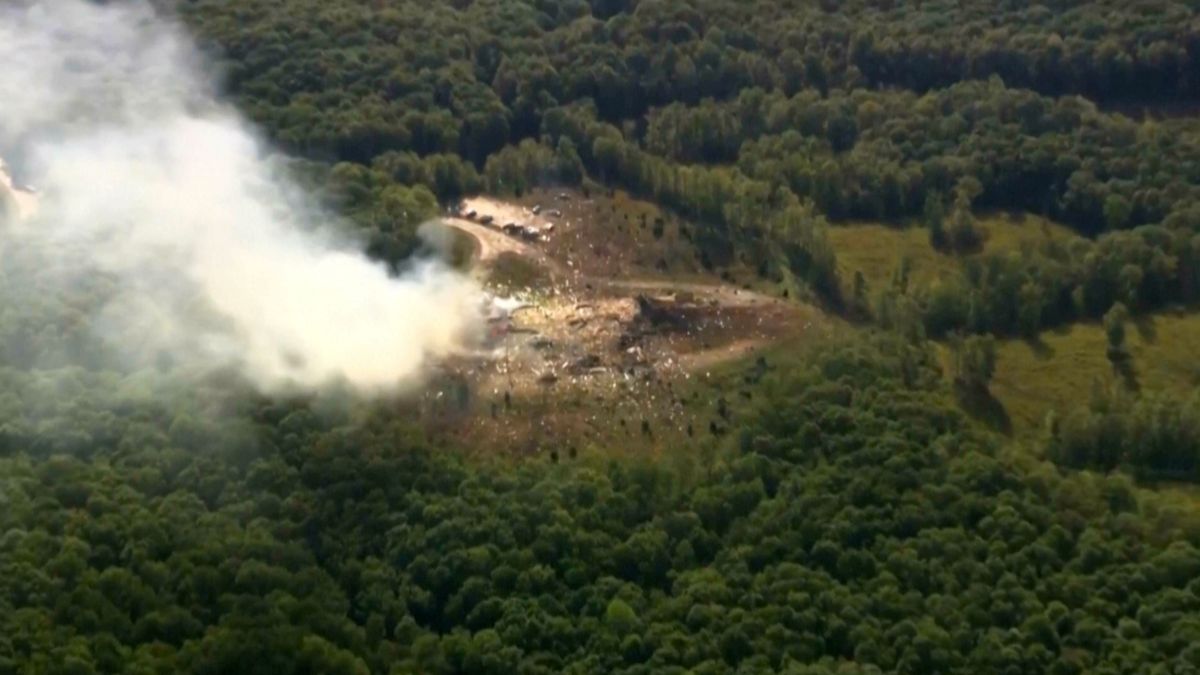)
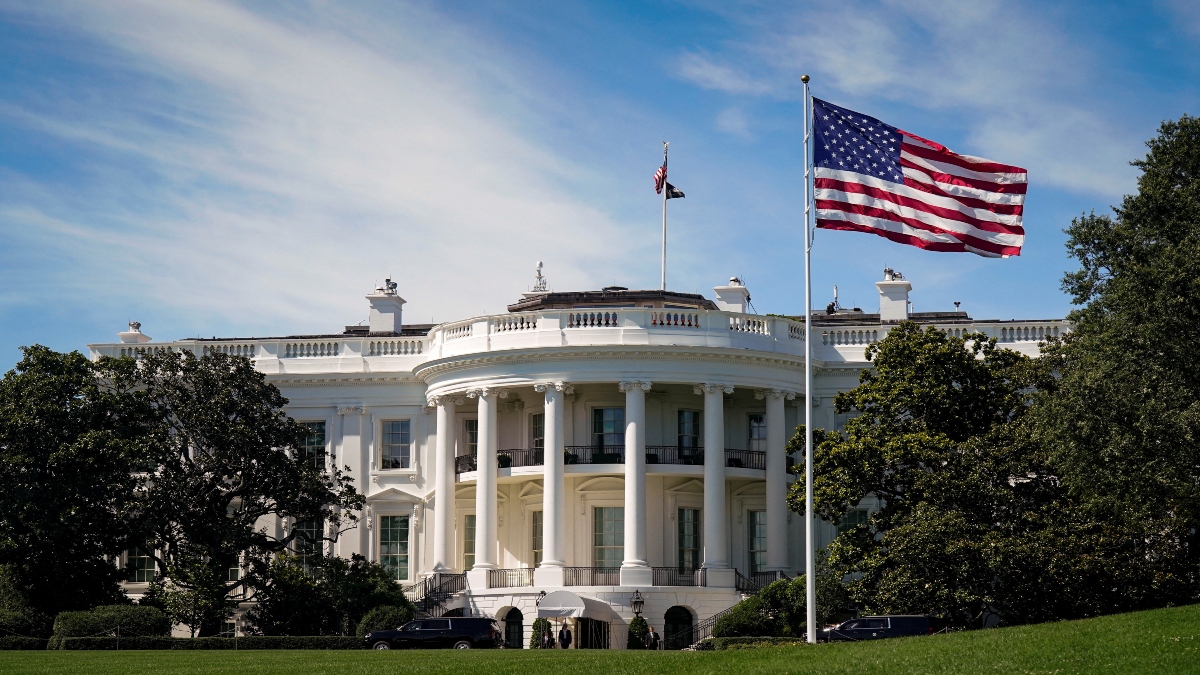)
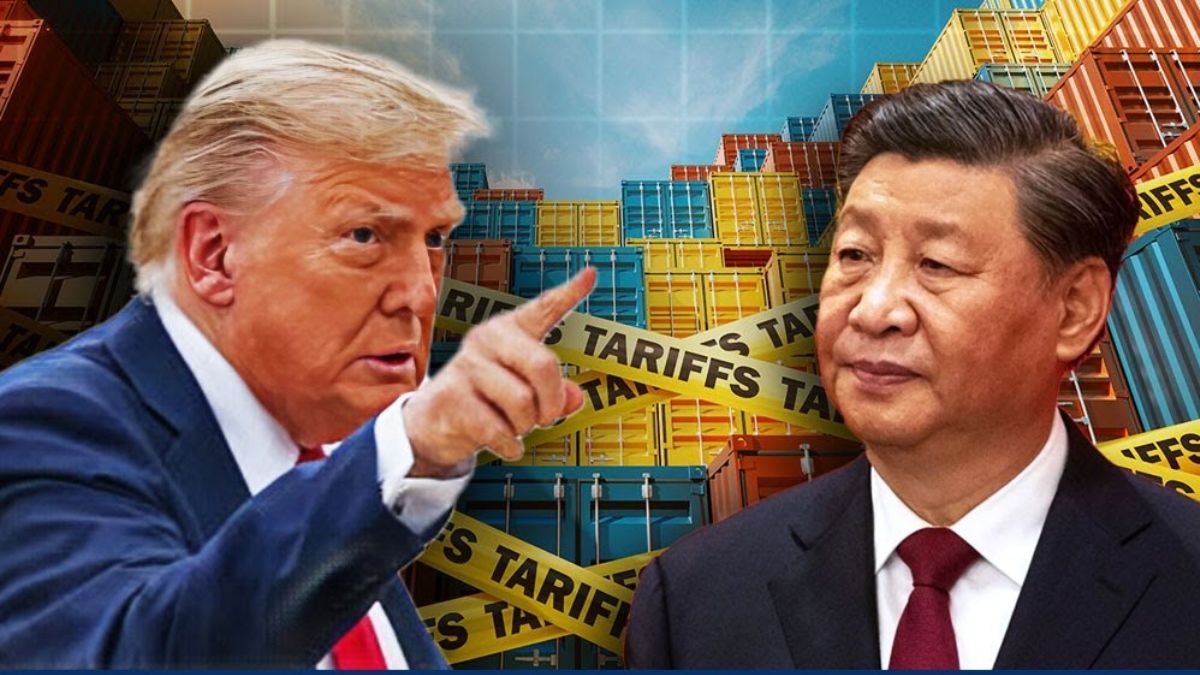)



